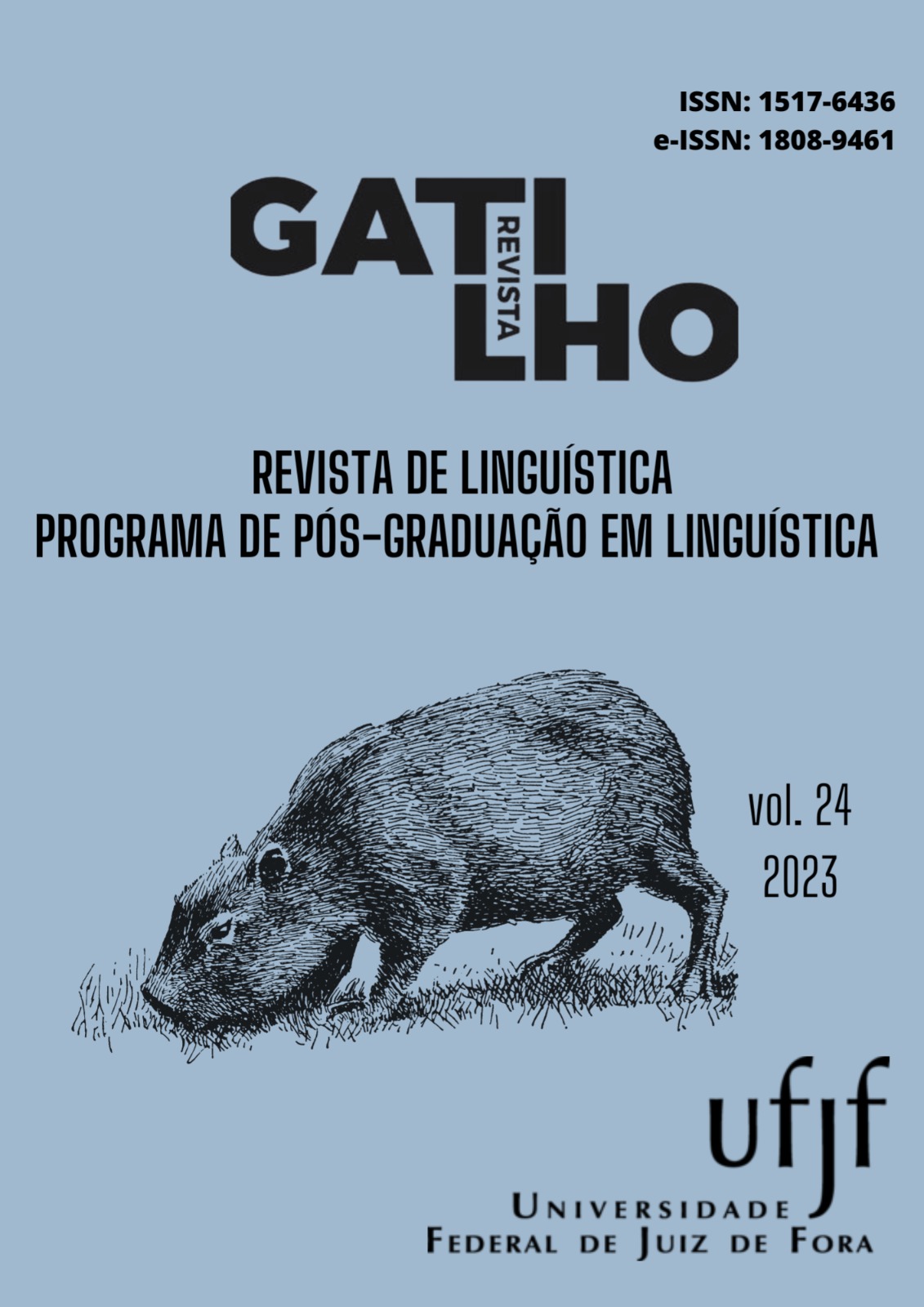Critical literacy and decoloniality: building spaces for resignification
DOI:
https://doi.org/10.34019/1808-9461.2023.v24.38312Keywords:
Critical literacy. coloniality. Decoloniality. Language teaching.Abstract
The current conjuncture of Brazilian society is the result of the processes of colonization, capitalism and patriarchy that determined, based on power relations, which knowledge should be considered valid. These movements took place in a violent way, silencing the voices of groups that did not fit/fit the concept of white, heterosexual, upper-class men. The school, as a political institution, at the same time that it can contribute to the visibility of marginalized groups, can also represent an opposite movement, from the imposition of hegemonic narratives, disseminated in school curricula. In this sense, there is an urgent need to bring decolonial themes to the educational field, contributing to the development of students' critical literacy, so that they can recognize segregating discourses and establish dialogues and actions of resignification and resistance. In this work, I intend to discuss the concept of critical literacy, coloniality of power, knowledge and being (QUIJANO, 1999), while presenting a proposal of decolonial being/doing. The theoretical contributions are based on the following themes: Language as a social practice (RAMALHO; RESENDE, 2011; SILVA, 2000; SPIVAK, 1942), Critical literacy (MONTE MÓR, 2015; MOREIRA JUNIOR, 2020; SANTOS; MENICONI, 2018); Decolonial Studies (QUIJANO, 1999; WALSH, 2013; SANTOS, 2019).





